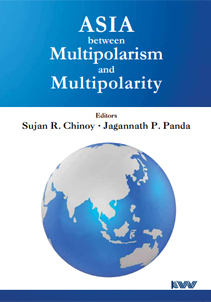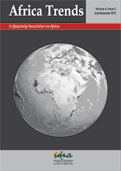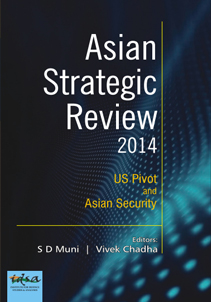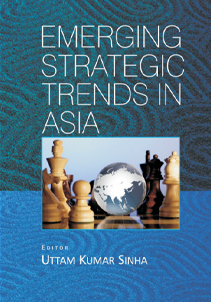Managing the Rise of a Hydro-Hegemon in Asia: China’s Strategic Interests in the Yarlung-Tsangpo River
The Paper examines China´s general performance as a hydro-hegemon in Asia, presents the case study on China´s hydro-behaviour in the Yarlung-Tsangpo river basin, and outlines a framework for promoting trans-boundary watercooperation.













